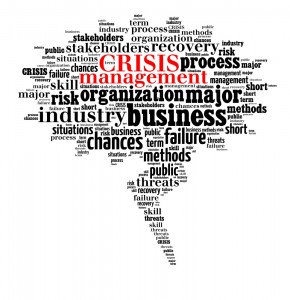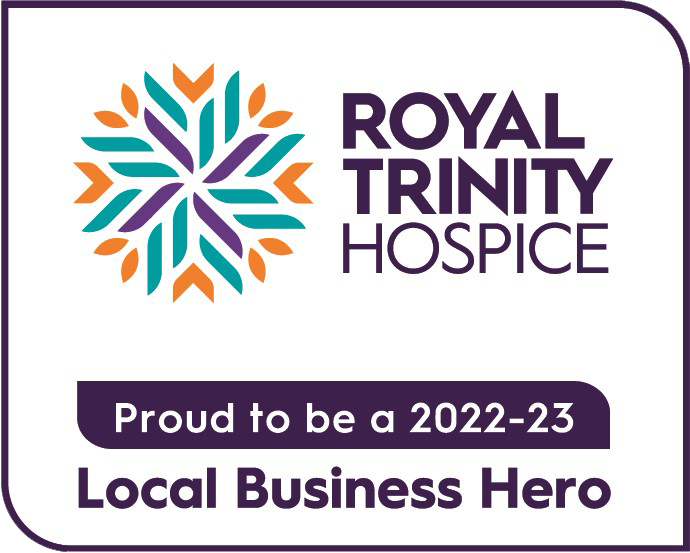Can you fix a crisis?
 Unfortunately, in PR we tend to come across the term ‘crisis’ quite often, probably because we are always on standby in case our clients have an emergency. Crisis management is such an important tool in PR purely because a crisis has the potential to seriously damage a reputation. Think back to last year when it was revealed that a selection of Tesco and ASDA beef products contained horsemeat. I don’t know about you, but that definitely made me think differently about shopping there and added to their ‘cheap’ image.
Unfortunately, in PR we tend to come across the term ‘crisis’ quite often, probably because we are always on standby in case our clients have an emergency. Crisis management is such an important tool in PR purely because a crisis has the potential to seriously damage a reputation. Think back to last year when it was revealed that a selection of Tesco and ASDA beef products contained horsemeat. I don’t know about you, but that definitely made me think differently about shopping there and added to their ‘cheap’ image.
A crisis can appear in many different shapes and forms but there are certain steps we can take to minimise damage. So what did Tesco and ASDA do to manage their crisis? Well, Tesco placed full-page adverts in national UK newspapers apologising for the scandal, while ASDA attempted to pass the blame onto someone else. The way they managed the issue definitely had an effect on their reputation. In this case, I would predict customers would be more likely to rebuild the trust they have in Tesco than ASDA, as an apology demonstrates values and social responsibility. That is, of course, unless you believe that it genuinely wasn’t ASDA’s fault…but that’s a different debate.
Inevitably, when situations like this arise we, as customers, lose a little faith and think slightly less of the brands we are buying from. In this particular situation, we may also be weary when buying beef products. However, having worked in PR for a little while now, I have noticed that there are still things that we can do to gain back a bit of the public’s trust. Personally I think the most important thing you can do is respond appropriately. No matter what the situation, you should explain what happened, why it happened and what you are going to do in the future. You should also make sure you have deployed allies and ambassadors who can speak positively about the company. After all, PR is all about what others are saying about you.
Last week at Health+Care our chairman, Trevor Morris, professor of PR, held a session on crisis and reputation management. Speaking to a range of healthcare professionals, he gave them some really clear and simple ways to manage a crisis. However, the one thing that stuck with me and got me thinking about the horsemeat scandal was when he said you should never underestimate the power of an apology. He noted that lawyers will often tell you not to apologise to avoid admitting guilt, but you should always do so after a crisis because the public will appreciate the consideration.
I know that saying sorry can’t solve every problem, but it often makes a good start after a crisis. However, prevention is always better than cure, and improving communications in the health sector more generally will definitely help to avoid crises. To contribute, Salix & Co has just joined ITN productions to form a new communication network for the NHS Alliance (formally launched by Trevor’s session at Health+Care). We will be offering members simple and practical guidelines to help them communicate effectively with patients and the public to manage potentially damaging media situations.
So, to return to the question: can we fix a crisis? Well, avoiding them all together is the ideal, but there are also certain measures you can take to improve a damaging situation. Saying sorry definitely would have helped Luis Suarez after biting Giorgio Chiellini – apparently his refusal to accept he had done wrong played a big part in deciding the length of his ban. Missing out on the rest of the world cup and four month exclusion… bet he wished he apologised sooner now.

